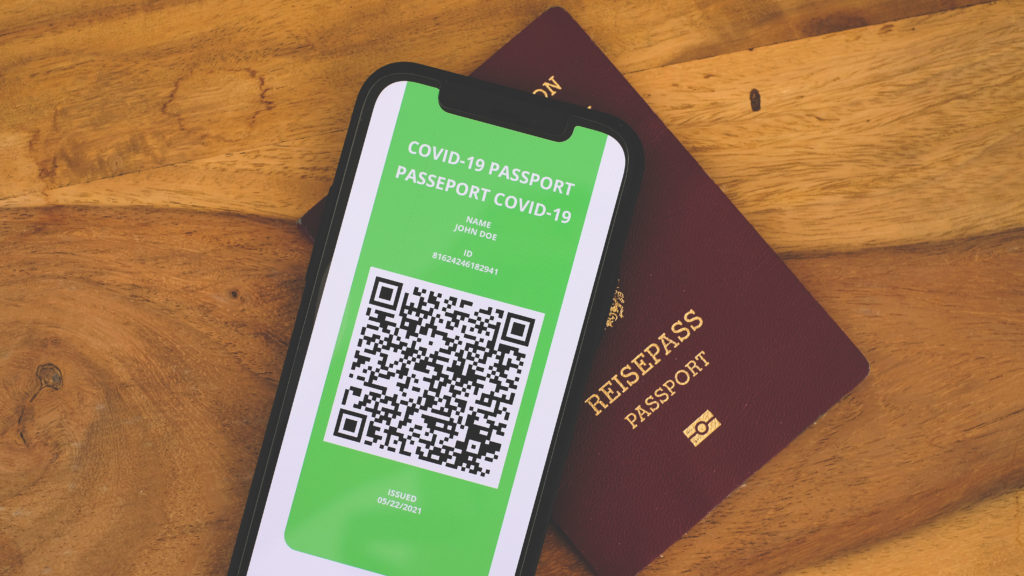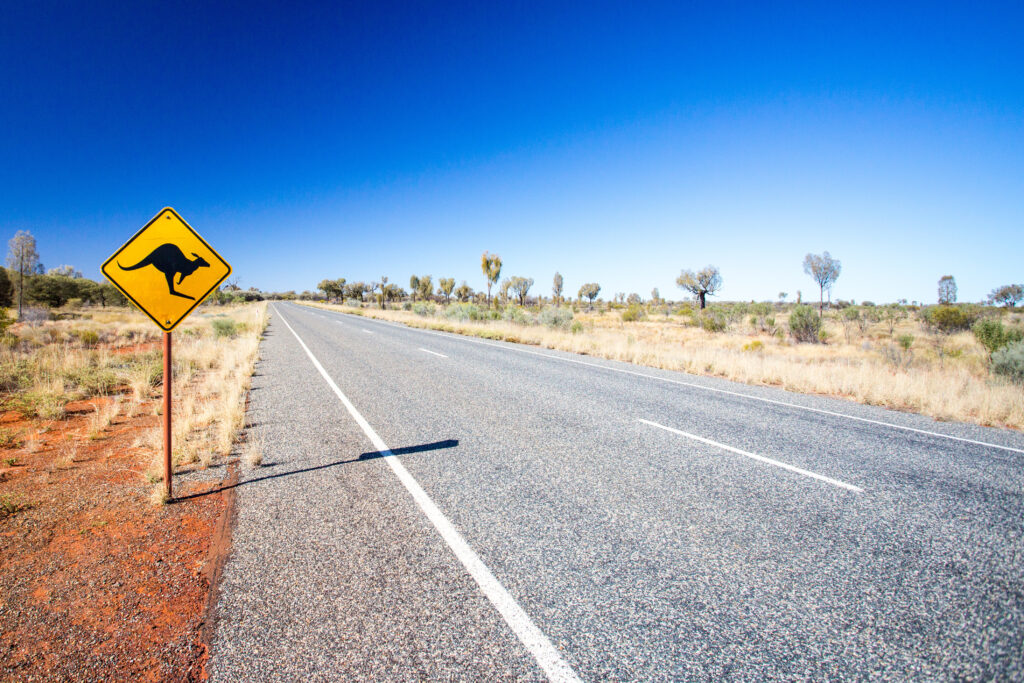*Note: The information below was correct as of 19 February 2021 and readers should refer to the Australian Government Department of Health website for updates on COVID-19 vaccines in Australia. Check our Australian Vaccine Passport Update for the latest news.
It has been over one year since the COVID-19 pandemic began, and the much-anticipated vaccines have finally made their way to Australia. This week, the first shipment of the Pfizer-BioNTech vaccine doses arrived in Sydney and the Therapeutic Good Administration (TGA) has provisionally approved the AstraZeneca vaccine, which is due to rollout in early 2021.
As the focus now turns to the COVID-19 vaccine rollout within the country, a discussion has commenced regarding the rollout of digital ‘vaccine passports/certificates’. Let’s take you through what a vaccine passport means and what it entails with regards to travelling overseas in the future.
What are vaccine passports?
Also known as a ‘vaccine pass’ or ‘vaccine certificate’, these documents could be the post-pandemic ticket to travelling overseas, returning to work on site, and accessing a wide range of public services. In essence, the ‘vaccine passport’ is an immunisation register that will record the type of vaccine someone receives, the dosage amount, and the dates of administration.
Each time you get vaccinated against COVID-19, the record will be updated. The Australian Immunisation Register, which records vaccinations (such as for seasonal influenza, more commonly known as the flu) under school-based programs in Australian and those given privately, has been maintained on a voluntary basis in the past, but legislation has now been passed for a mandatory registration of the COVID-19 vaccine immunisation into the Register. Thus, a vaccine passport in Australia could be as simple as a certificate of immunity in a digital format on your smartphone.
As of the date of publication, there has been no international consensus on vaccine passports, however the World Health Organization (WHO) is considering vaccination certificates as a method to open up international air travel. In October 2020, Estonia and the WHO started a pilot project for a digital vaccine certificate — a “smart yellow card” — to track healthcare data.
How will vaccine passports affect travel?
It may be assumed that once you have a vaccine certificate, it will make it easier for you to move around domestically within Australia and travel overseas. However, it is at the discretion of states and territories to ease travel restrictions locally. Australia’s laws with regards to international travel post-vaccination remains unclear; however, given that many countries are likely to endorse vaccine passports as an essential travel requirement, Australia will most likely follow suit.
When will I get my vaccine passport?
Information about the vaccine passport for international students is still unclear, as it also depends on the national rollout of the vaccine. So far, it is known that international students will be eligible to receive the COVID-19 vaccine in Australia for free during Phase 2b, as outlined in the COVID-19 vaccine national roll-out strategy.
The Minister for Government Services, Stuart Robert, has stated that the rollout of the vaccine passport should commence at the end of February, in line with the administration of the first COVID-19 vaccines within the country. Digital certificates will reportedly be accessible from the Medicare and myGov apps for those who have access to these services, while vaccine providers and Services Australia offices will be able to print out certificates.
Will international students need vaccine passports to enter Australia when borders open?
The need for international students to have a valid vaccine passport to enter Australia has not been firmly established. Qantas has already proposed a requirement for their passengers to have a valid vaccine passport prior to travel, so we can expect this will become commonplace for future travel.
Meanwhile, the World Health Organisation has set up the Smart Vaccination Certificate Working Group to help inform the development of using digital technologies for documenting vaccination status.
For more information on travelling internationally in 2021, check out our overview here.





